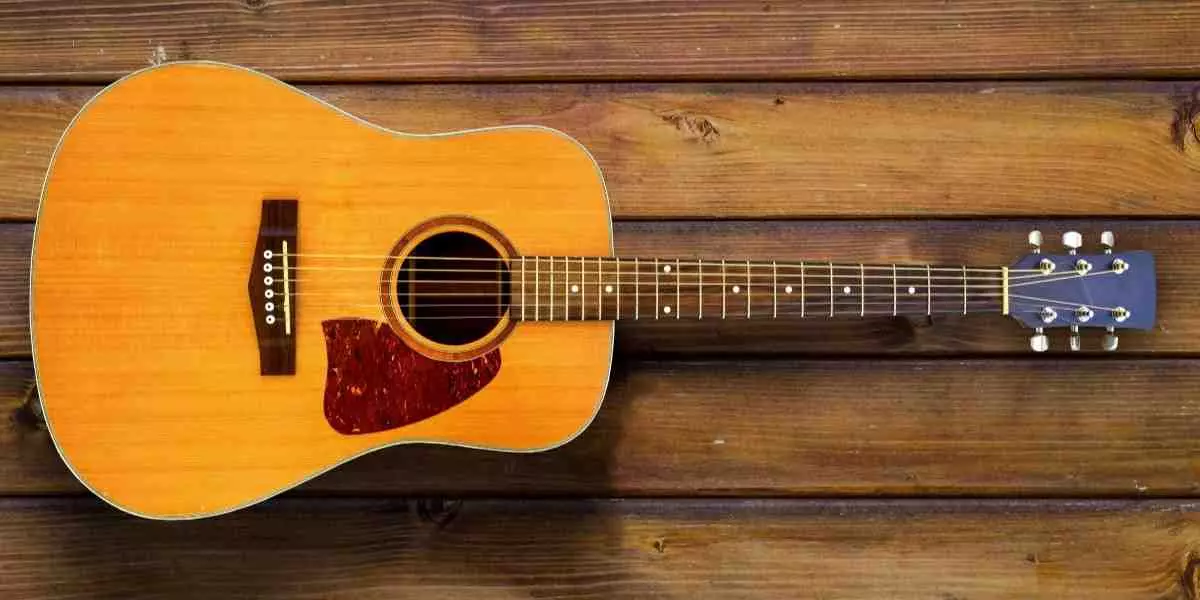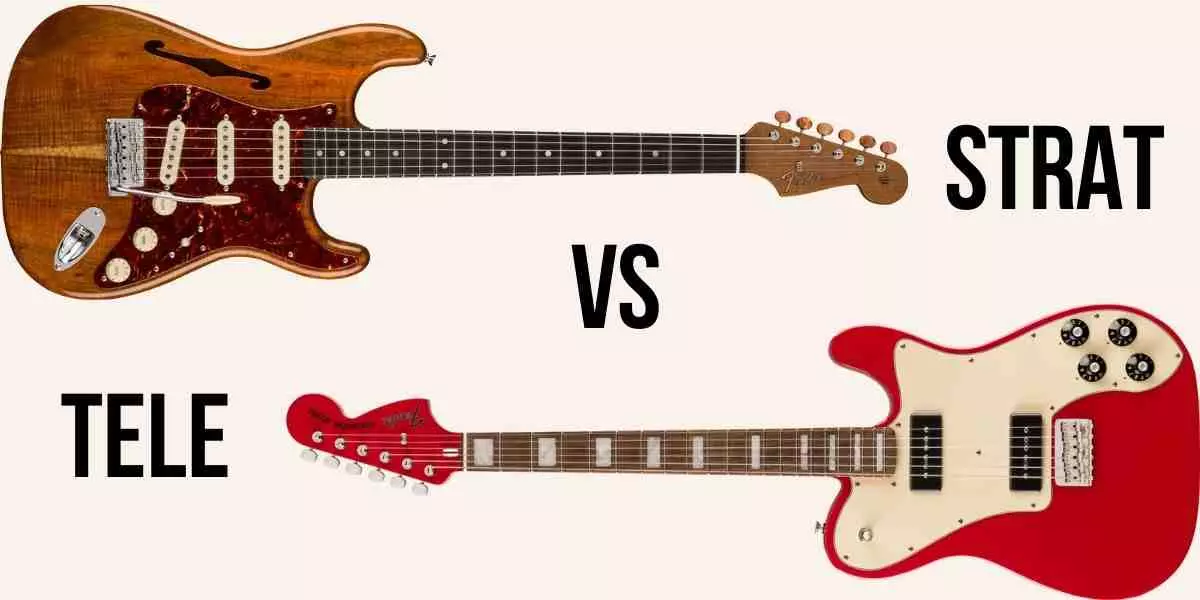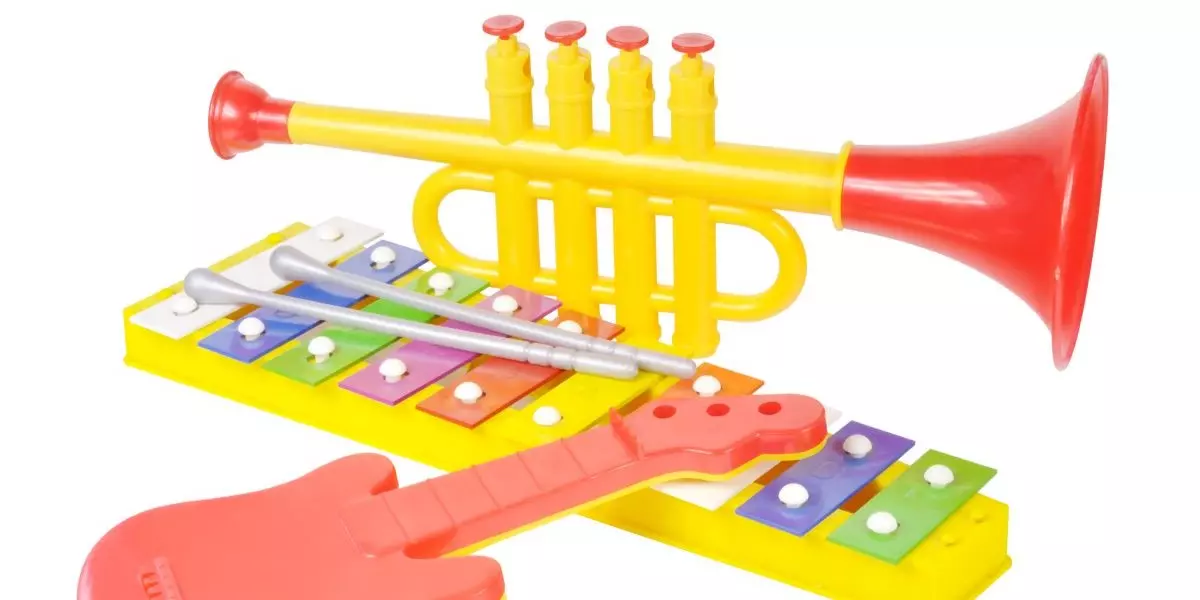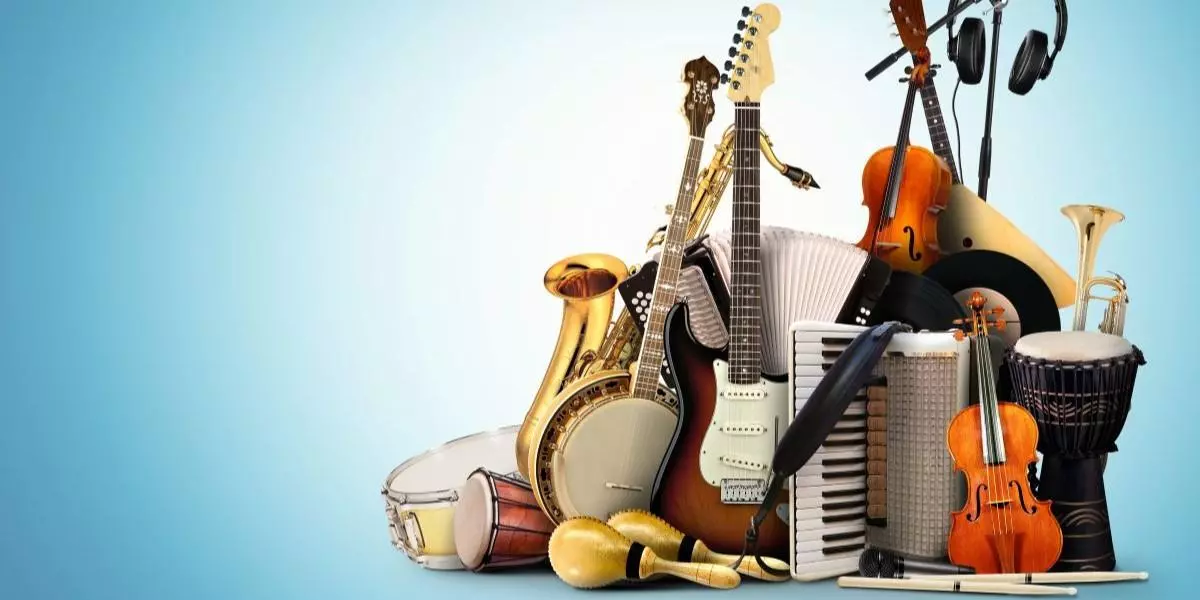Living the Freelance Life
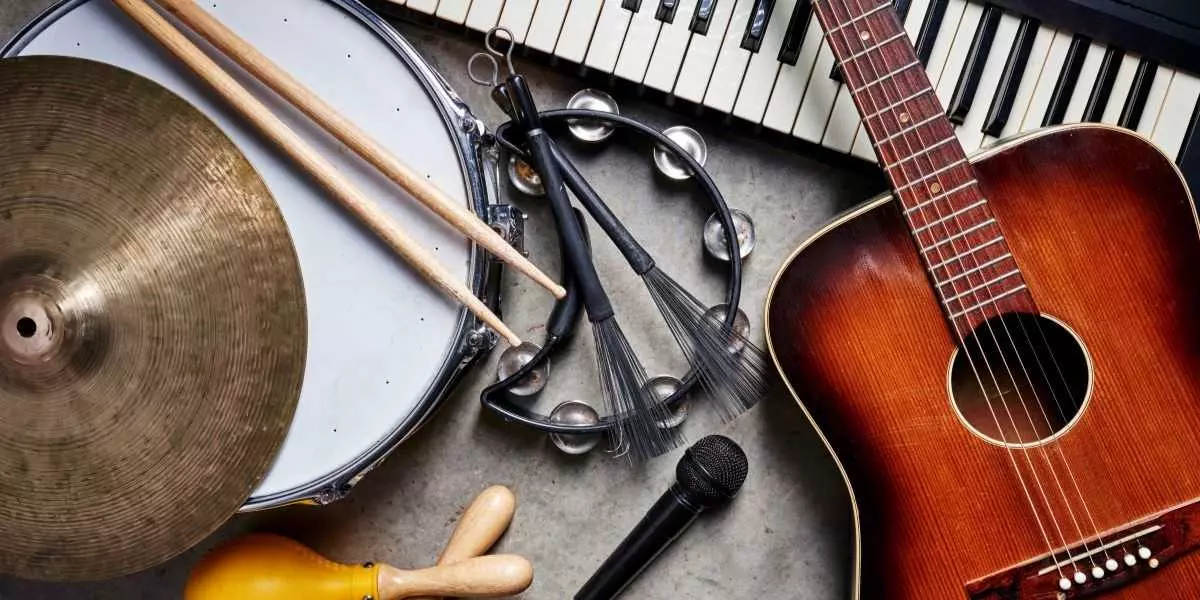
There are many career options available to a musician who is skilled at their instrument; some folks create original material at home, some play in bands, others might choose to audition for orchestras or perhaps work in the pit for a show that travels the country. The type of work is as varied as the genres of music in which to work: traditional folk music, classical, jazz, metal, funk, soul, big ensemble, small ensemble… So many choices, how can anybody pick just one?
Some musicians, myself included, don't necessarily want to be tied down to any one particular genre or ensemble. They crave a broader experience, and opening up new markets to make a few bucks while expanding their skill set. They don't want to rehearse the same material over and over, but jump in when needed and move on to the next opportunity.
This is basically the life of the freelance musician.
More like a tradesman than an artist (not that you can't be both), think of yourself as the emergency plumber of musicians. Whether you play the piano, guitar, drums, viola, bassoon, or accordion, your instrument is your tool - and chances are there are people looking to hire you to help out with some mess or emergency. So: how do we find this work, and how do we keep getting more of this work…’cause this sounds great! I have to admit It kind of is, and I'm here to give you some tips to get rolling!
First off: you need to know your own limits. This is a tough one, because we all want to think we're awesome, but there are certain requirements to make sure that you can walk into any situation feeling confident and prepared. Being able to read music, proficiently, is a must. There are different ways to get the message across and it’s good to be familiar with all of them. Sometimes it's standard notation, sometimes it’s lead sheets, sometimes you're reading a choral octavo over the pianist’s shoulder - but you have to be able to read or sight read.
For some instruments and genres, it's just part of the deal, part of how you learn. Violinists, pianists, classical guitarists... they all give you what's on the page, every nuance. For others, we can become quite skilled at our axes through other means: by ear, or using other methods like tablature or non-standard notation. Players of this sort might be better at improvisation than the "readers," though not always. Reading is a skill that can be learned like any other, and like most skills, repetition is key.
Also know if you have stylistic limits. Maybe you can't improvise as well as you'd like but it's required on the gig. Or perhaps you can shred ‘til the cows come home but can't really play finger-style guitar. It's ultimately filling the expectation of whoever is hiring you.
You should also know the limits of your gear. There are many different ideas of what a professional quality instrument is. Do I have to have a five thousand dollar guitar or keyboard, isn't my alto sax from high school just fine? Of course, the result is what is most important. Many players have made huge careers getting by with very little in the way of equipment. It’s always good to have a realistic expectation as to what your gear is capable of. If you walk in to accompany a full choir with just the speakers on your keyboard, you've either not asked the right question or are underprepared for the situation.
Second: it is hinted at above, but you need to know what you are walking into. It's all about being aware of what’s expected and making sure there are no surprises for you or your client. Is the gig a big show or small (affecting how much equipment you might need to bring), is it 5 hours out of town (can you get a ride, or is there compensation for travel?), do you need to bring more than one instrument (so bring your alto, tenor and a flute?), do you need to bring your own music stand? You get the idea.
In the quest to be a "professional" freelance player, it is up to YOU to know all the details. If you show up unprepared to a gig, whether you're unable to cover the parts, or your equipment fails or is substandard, you can almost guarantee that it won't be a situation where you will be called back in the future or recommended to others. We have to be good communicators. Don't be afraid to ask the questions YOU need answered from someone who is trying to hire you: is there backline provided? Will there be a sound check or rehearsal? Do you need to dress a certain way? How much might you be getting paid? If possible, a signed contract is a wonderful thing, and in many cases, you many need to be a member of your local Musicians Union - but always be aware of what you are getting, when you will be getting it (sometimes, even in this modern age, the cheque is in the mail) and how (I actually had a recent client who pays only via PayPal….)
Finally, and most importantly, we need to get ourselves out there!
In many ways, this is easier to do now than it has ever been. Being slightly older, I can still remember booking gigs through ads in the newspaper on a rotatory phone with an answering machine. Now of course, you can flaunt your talents over the world wide web for all to see. Having a variety of content that shows off your skills as a player online, as well as having an up-to-date resumé (again, either on a website or as an easy-to-forward document) is a great first start. Always put your best self forward - dress nicely, clean yourself up, get all the gunk off that guitar.
There are many places online where you can find musicians wanted or classified adds. Many cities have a social media group dedicated to such matters. There are the local union offices that can sometimes be helpful (and depending on the gigs you are looking for, often require a membership in your city’s Local). There are also bulletin boards at many Long & McQuade locations, where musicians can offer or look for help!
Ultimately you are selling yourself, and often the best way to accomplish this is live and in person. Go where the musicians go. Find local jam sessions in your town. Attend concerts, big and small, featuring local artists you admire. Hang out after the show and talk to the bass player or keyboardist, or see if you can say a few words to the conductor of that ensemble you love. It may sound old-school, but have a business card you can hand out that points folks to your social media and gives them a way to contact you.
Take gigs. Sometimes this may mean stepping out of your comfort zone, or maybe taking a gig that doesn’t pay quite what you’d expect, but getting out and actually playing gigs with other folks lets them know that you can cover what’s required, that you are an easy person to work with and that you are professional in your interactions both on and off the stage. Word spreads - in some places faster than others, and soon rather than you having to hunt for work, work will be hunting for you!
I would like to finish off with some general tips for the freelancer just starting out.
- Don’t be afraid to flaunt your successes. With the internet being what it is, it is easy to put up a few good words about what you’ve accomplished and who you’ve been playing with. Looks good on you and the people who’ve hired you.
- You should have the right clothing for the right occasion. Get a good quality used tux from a rental place (Top tip for ya right there), have a dark or black suit, nice shoes, a few ties. You’re more likely to be called out for being under-dressed than over-dressed.
- If you get a call to play guitar in a musical or other large show, and you have some qualified friends who you have played with in the past, don’t be afraid to mention that you can offer help locating other players if required. People like a team player.
- But with that in mind, remember in the end, you are a hired hand, not the conductor, and not a rehearsal coach. Your job is to cover your part to the best of your ability. Sure, there will be times when there are challenges beyond your control. It could be that there are some weaker players pulling things down, maybe the director has unreasonable expectations, maybe you jammed your finger the night before. Best advice is to always be polite and professional in your conduct and communications. If you’ve noticed the problem, there’s a good chance someone else has as well.
Lastly, we live in a great country with lots of gigs in the biggest of cities and the smallest of communities. Being a freelance musician is an awesome way to see this land, meet other players, and expand your network. Sure, it’s not for everyone, but if you are able to make a living playing your instrument, criss-crossing Canada, I say it’s a great career and a rewarding life!
Chris is a sales and rentals associate at the Long & McQuade Henderson location in Winnipeg, MB.


